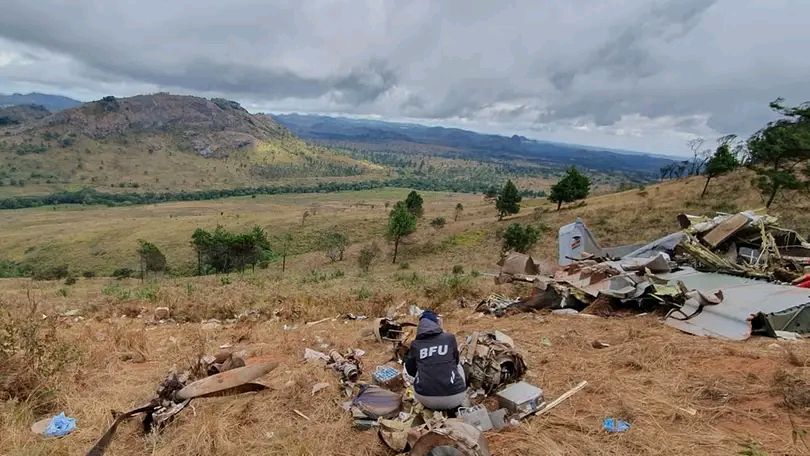By Burnett Munthali
The recent aircraft accident report has ignited substantial debate and skepticism among the public and key stakeholders. While the report aims to clarify the causes behind the tragic crash, many remain unconvinced by its conclusions and findings. The controversy centers on the handling of the investigation and the accountability of high-ranking officials involved in aviation safety.
The report has faced significant criticism for potentially revealing serious lapses in oversight and management. Observers argue that the report reflects a troubling level of carelessness and incompetence among the authorities responsible for aviation safety. This criticism highlights broader concerns about the effectiveness of leadership in ensuring the safety and reliability of air travel. The perceived inadequacies in the investigation’s handling cast doubt on the competency of those overseeing aviation operations.

One of the primary criticisms is that the report leaves several key questions unanswered. Critics claim that the report fails to offer a comprehensive explanation for the crash and may have overlooked crucial issues. This includes concerns about whether the investigation adequately addressed factors leading up to and following the incident. The lack of detailed answers has frustrated those seeking a transparent and thorough account of the accident, contributing to widespread dissatisfaction with the report.
The report’s examination of the roles played by the Ministry of Defense, the Ministry of Transport, and other involved entities has fueled accusations of shifting responsibility. Some critics argue that the findings suggest these ministries bear significant responsibility for the accident, leading to political tensions. There are concerns that political biases may have influenced the assignment of responsibility, potentially prioritizing party interests over national safety concerns. This perception of political maneuvering complicates the discussion around accountability and undermines confidence in the report’s impartiality.
There is growing apprehension that the report may not fully address all aspects of the accident due to possible political influence. The perception that the investigation failed to hold all responsible parties accountable or provide clear preventive recommendations diminishes trust in the report’s conclusions. This concern raises questions about the integrity of the investigation process and the effectiveness of its outcomes in enhancing aviation safety.
In conclusion, the criticism surrounding the aircraft accident report underscores the urgent need for greater transparency, thoroughness, and accountability in investigations of this nature. As stakeholders continue to scrutinize the findings, it is crucial to address the unresolved questions and concerns. Ensuring that the report fulfills its intended purpose of improving aviation safety and holding responsible parties accountable is essential for restoring public trust and preventing future tragedies.


